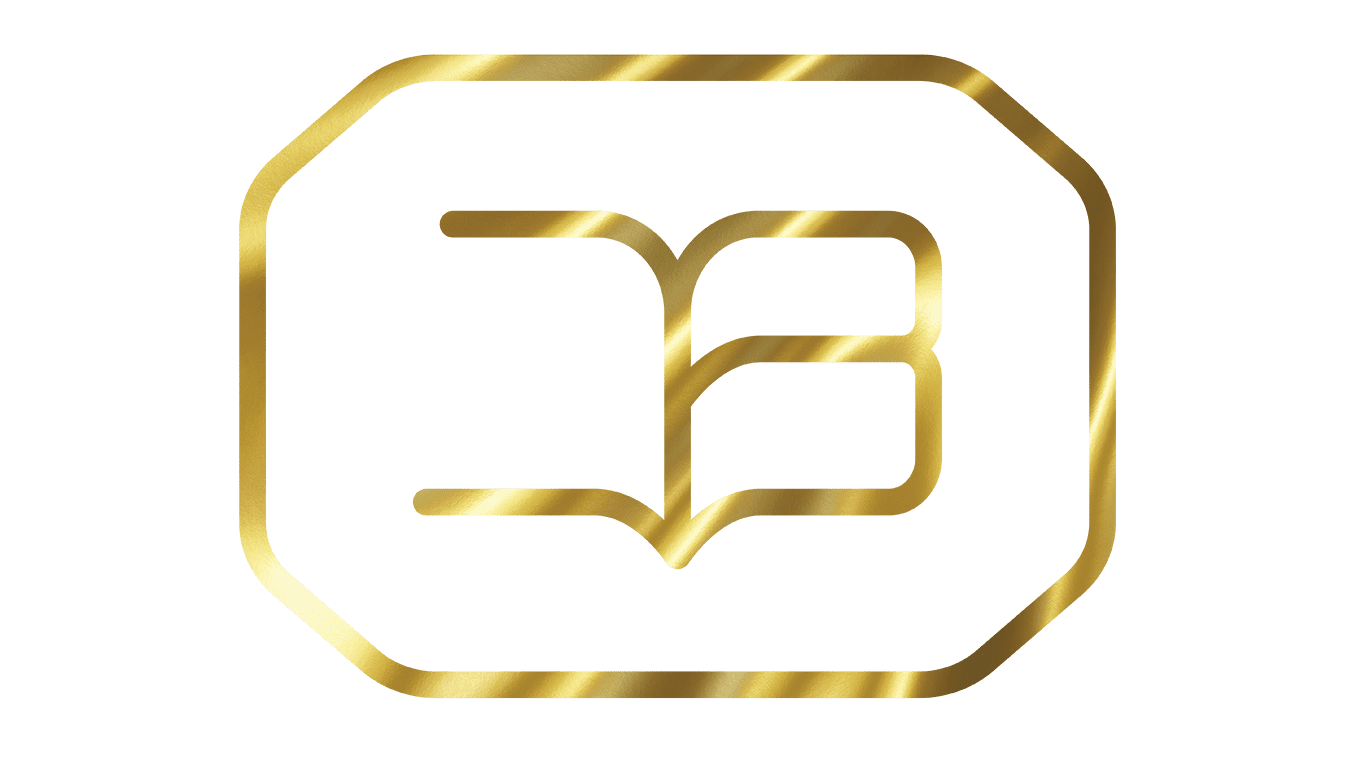צרו איתנו קשר!
רפואה - נפרולוגיה
Medicine - Nephrology
About The Course
על הקורס
בקורס נלמד לעומק את המבנה האנטומי של מערכת ההפרשה. אילו איברים המערכת כוללת?
נכיר את הנפרונים הנמצאים בכליות, נלמד המבנה ההיסטולוגי של הנפרון, עקרונות הסינון בלחץ, היכרות עם כל החלקים והמושגים של פעילות היחידה התפקודית הזו – פקיעית, קופסית ע"ש באומן, תסנין ראשוני, אבובית מקורבת, לולאת הנל'ה, אבובית מרוחקת, ספיגה חוזרת, משאבות, וויסות של חומציות הדם על-ידי ביקרבונט, ABB וכו'.
נכיר את ההורמונים המווסתים אותה (ADH, ANP, אלדוסטרון ותרופות שנותנים לטיפול בבעיות שיש לאורך היצירה והשפעול שלו ACE).
ננתח דגימות שתן, אילו חומרים ובאיזה מינונים אמורים להיות בדגימת שתן ומתי נקבע כי מדובר במצב פתולוגי. נבין אילו מחלות אפשרי לאבחן לפי הממצאים השונים הנראים בדגימות השתן (סוגים של קריסטלים, המינרלים שמהם הם עשויים והצורה הייחודית של כל אחד מהם, מתי יש סיכון שהם יהפכו למשקע ולאבנים של ממש? אילו חלבונים, תאי-דם וסוגי דלקות הגורמים להופעה שלהם בשתן, איך נראה מקל האינדיקטורים, אבחון של סוכר בשתן וסוכרת ומחלות כליות בדרגות חומרה שונות מפגיעה מכנית, זיהומים ודלקות ועד כדי אי ספיקה שלהן.
דיאליזה – איך בנויה המכונה? על איזה עקרונות ותופעות כימיות ופיזיקליות היא עובדת, למי הטיפול מתאים? כמה זמן אדם יכול להיות מטופל בדיאליזה?
השתלות כליה, מי תורם למי? איזה סיבוכים וסכנות יכולים להיות, לצד החשיבות בתרומת כליות להצלת חולים הזקוקים לכך.
* הקורס יותאם לרמת כל שכבת גיל.
In this course, we will delve deeply into the anatomical structure of the urinary system. We will explore which organs comprise this system and examine their functions in detail.
We will become familiar with the nephrons located in the kidneys, studying their histological structure and the principles of pressure filtration. The course will cover all components and concepts related to this functional unit, including the glomerulus, Bowman's capsule, primary filtrate, proximal tubule, loop of Henle, distal tubule, reabsorption, pumps, and the regulation of blood acidity through bicarbonate, acid-base balance (ABB), and other mechanisms.
The course will introduce the hormones that regulate the urinary system, such as Antidiuretic Hormone (ADH), Atrial Natriuretic Peptide (ANP), and aldosterone. We will also discuss medications used to treat disorders related to the production and activation of these hormones, including Angiotensin-Converting Enzyme (ACE) inhibitors.
We will analyze urine samples, determining which substances should be present and in what concentrations in a normal urine sample, and when deviations from these norms indicate pathological conditions. The course will cover various diseases that can be diagnosed through urine analysis, including the types of crystals found, their mineral composition, and unique shapes. We will discuss when these crystals pose a risk of becoming sediment or actual stones. Additionally, we will examine the presence of proteins, blood cells, and indicators of inflammation in urine, interpret dipstick results, and diagnose conditions such as glycosuria, diabetes, and kidney diseases of varying severity—from mechanical injuries and infections to complete renal failure.
The course will cover dialysis, explaining the structure of the dialysis machine, the chemical and physical principles underlying its operation, suitable candidates for this treatment, and the duration for which a person can undergo dialysis therapy.
Lastly, we will discuss kidney transplantation, addressing donor-recipient compatibility, potential complications and risks, and the importance of kidney donation in saving the lives of patients in need.
* The course material will be tailored to the age of the learners.







